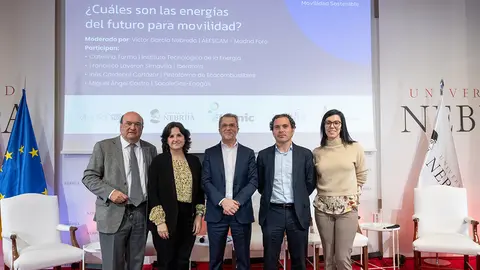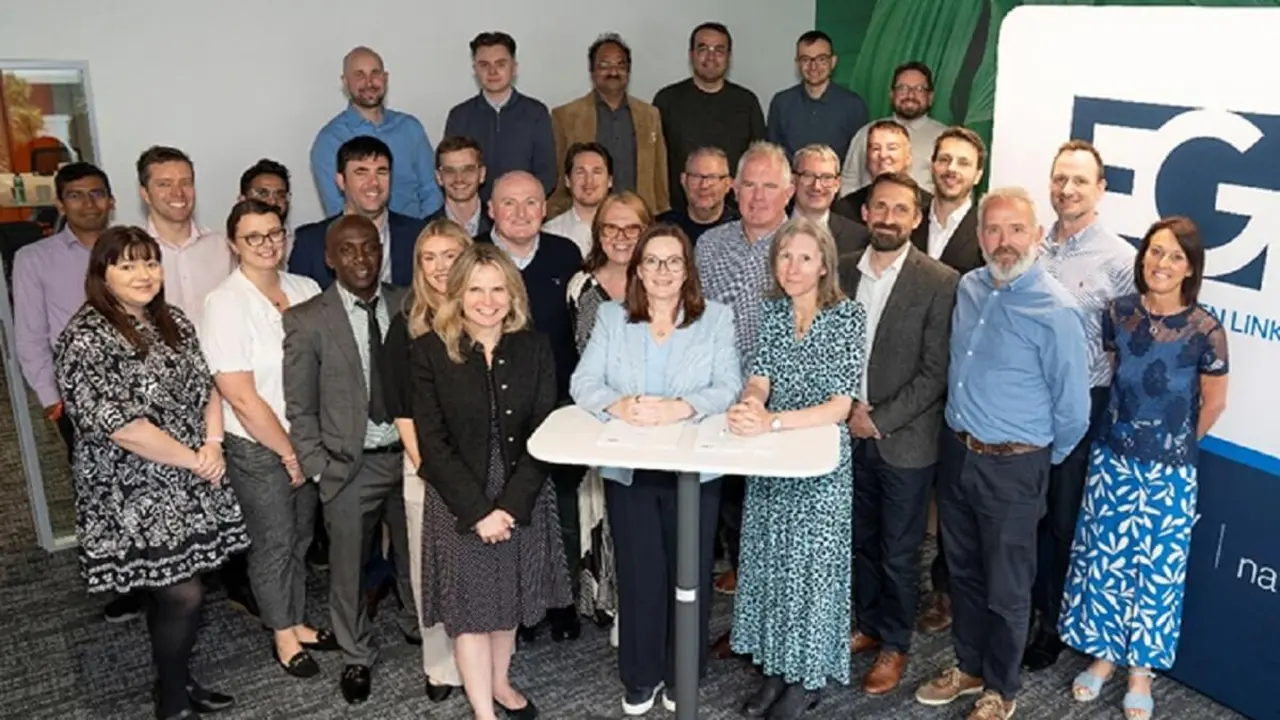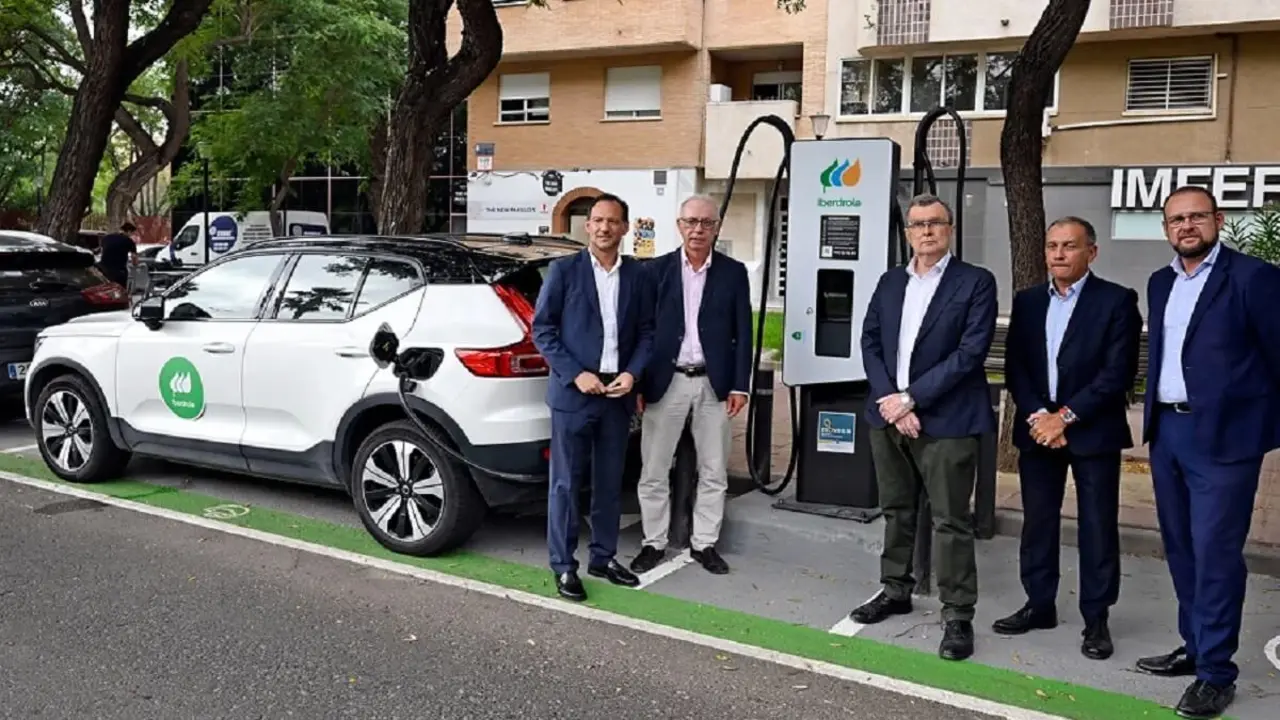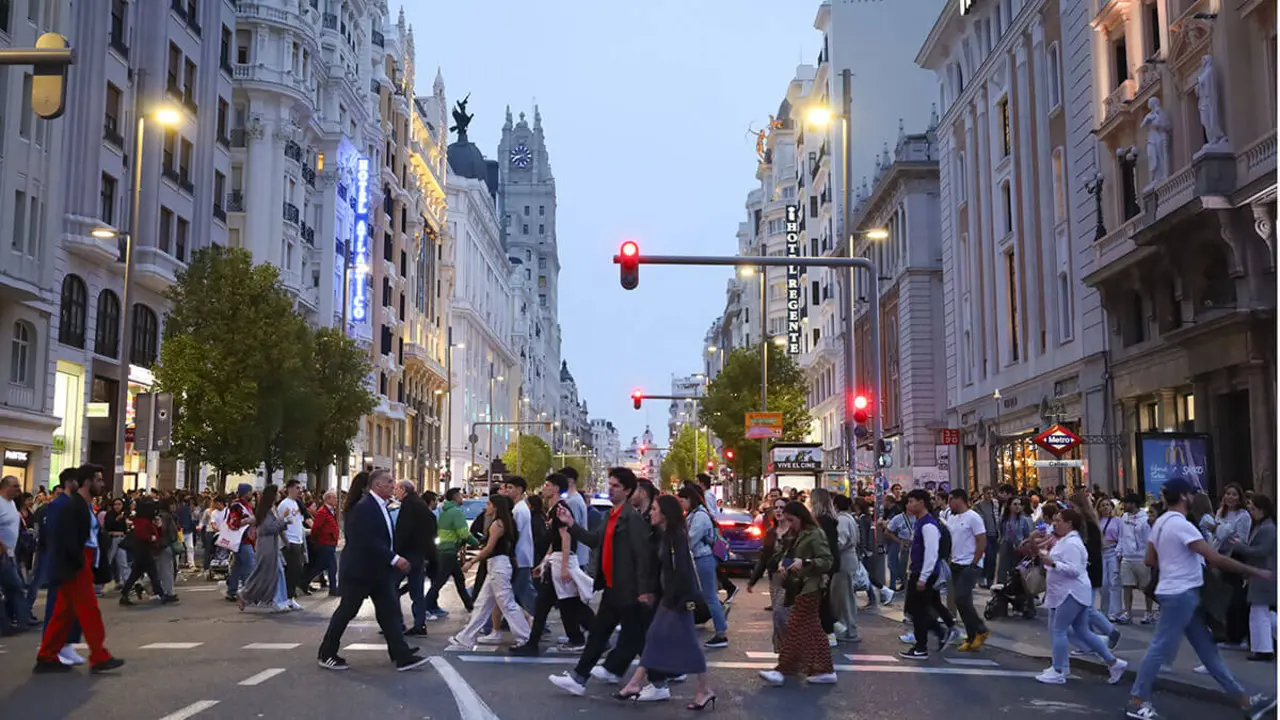Equal treatment for all energies and tax neutrality, main demands of the transport and energy sector
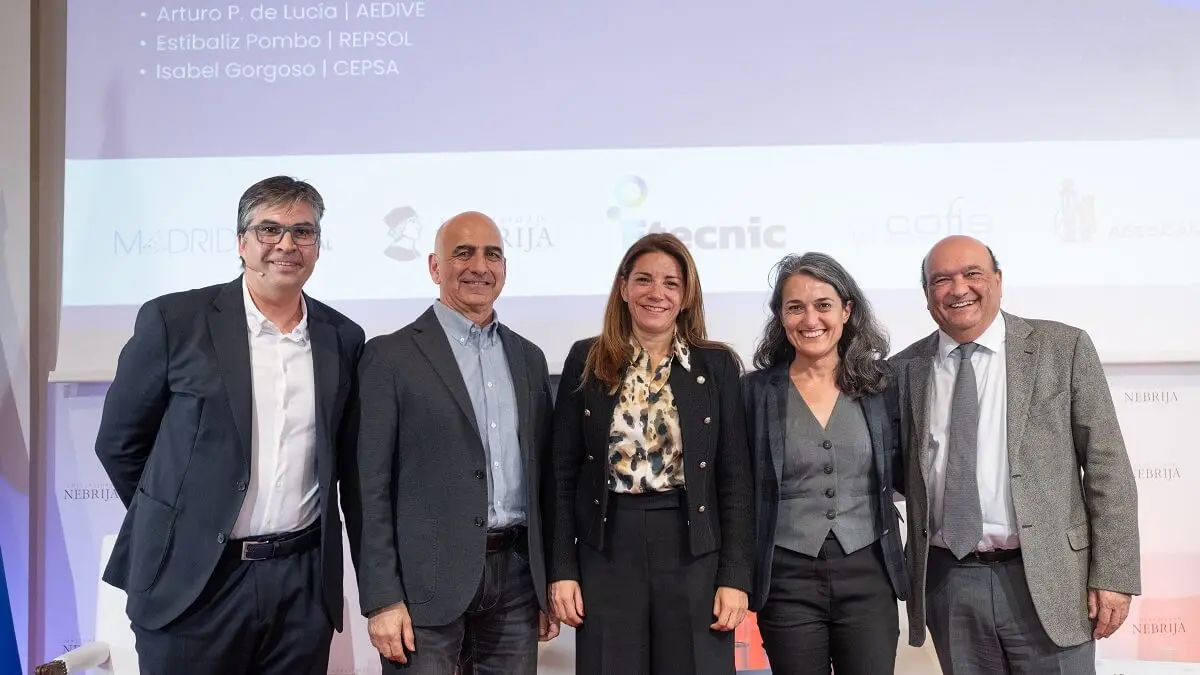
The Nebrija University hosted the energy meeting organised by Madrid Foro Empresarial and AEESCAM on 22 March, which analysed the various energy alternatives available to achieve sustainable mobility.
- Renewable and multi-energy fuels
- Fiscal neutrality
- Transport, parallel businesses and storage
- Energy, sustainability and physics
- Closing ceremony
The round table that concluded the meeting was the most representative, in order to highlight the demands of the sector and the future prospects of the different energies.
Moderated by Gustavo Mezquita, from Etecnic, it was attended by Víctor García Nebreda, secretary general of AEESCAM; Zoilo Ríos, from CEES; Estíbaliz Pombo, from Repsol; and Isabel Gorgoso, from Cepsa.
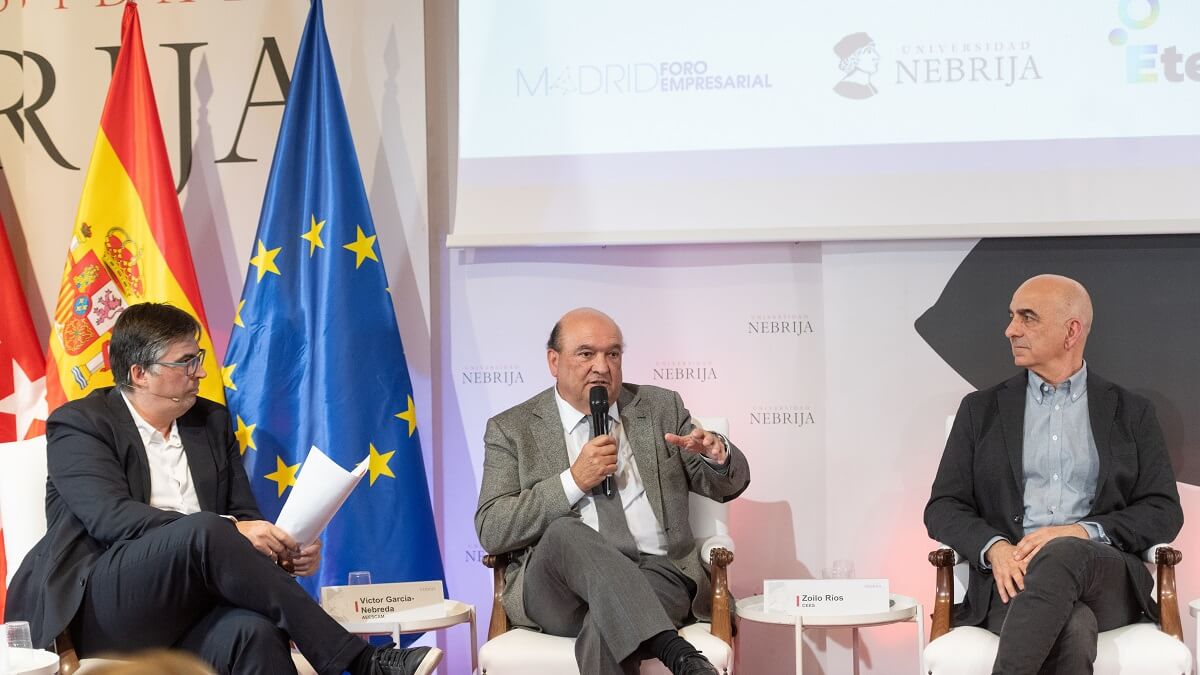
Renewable and multi-energy fuels
With regard to the future of the different energies for sustainable mobility, Víctor García Nebreda was conclusive: "In the short and medium term, we view the issue with uncertainty, bewilderment and perplexity. Renewable fuels would be the solution, because they do not force us to change current installations, logistics or vehicles. The problem is that the government treats renewable fuels fiscally as if they were fossil fuels, which cancels out any advantage they might have in terms of price.
Zoilo Ríos, from CEES, said that "consumers must be willing to pay a certain price for new energies. The costs cannot fall on SMEs, because we do not have the same cushion as large companies. Therefore, the carrot and stick policy of forcing the installation of recharging points makes no sense, it is useless".
Isabel Gorgoso, from Cepsa, opted for multi-energy as the best solution: "In the end, mobility depends on the use that is made in each case. Today, fossil energy is what allows us to get around, it is more efficient and less polluting. End users are not clear about which vehicle they should buy, so they prolong the use of theirs and, when they change it, they buy a second-hand one, because they do not want to make a large investment".
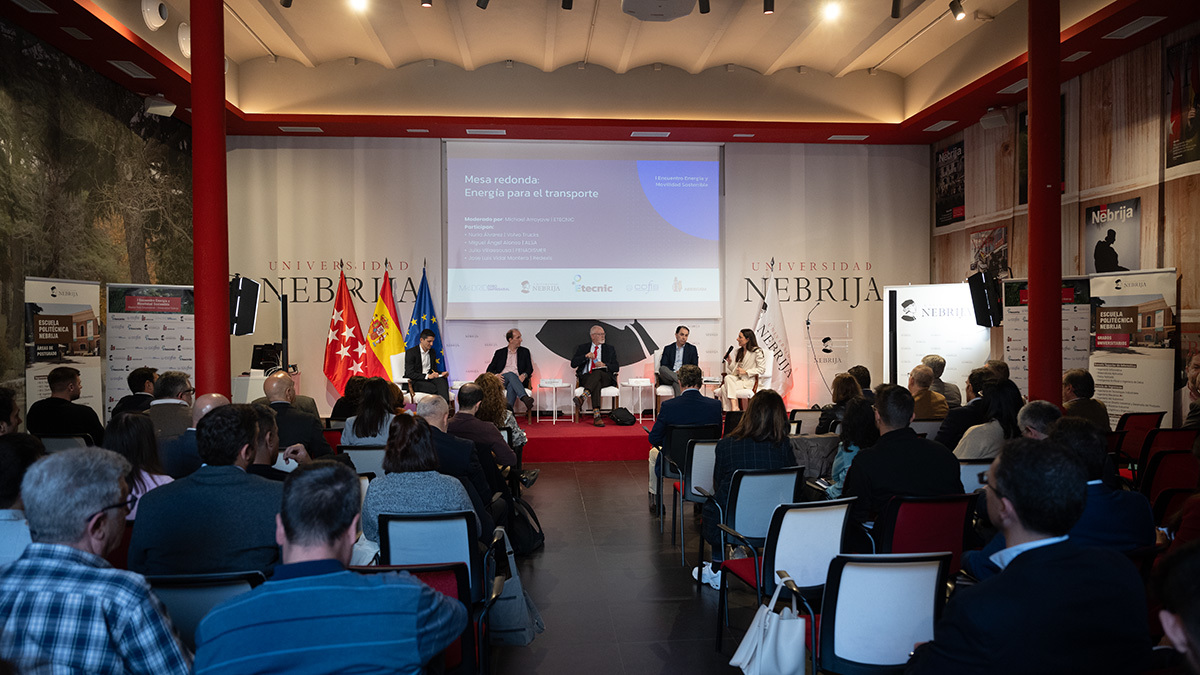
For Gorgoso, hydrogen could be an alternative, "although we need vehicles to be more affordable. The problem is that there is not enough demand for it to be produced at a lower price".
From Repsol, Estíbaliz Pombo also backed multi-energy as a solution for sustainable mobility in the short, medium and long term: "Renewable fuels are a good alternative in the medium and long term. In 2022, for example, their use has made it possible to reduce emissions equivalent to three million vehicles. It is as valid an alternative as electrification or hydrogen". In this sense, Pombo called on the Administration: "Legislation and regulation should treat all technologies equally, because renewable fuels solve many problems and are very competitive compared to other alternatives".
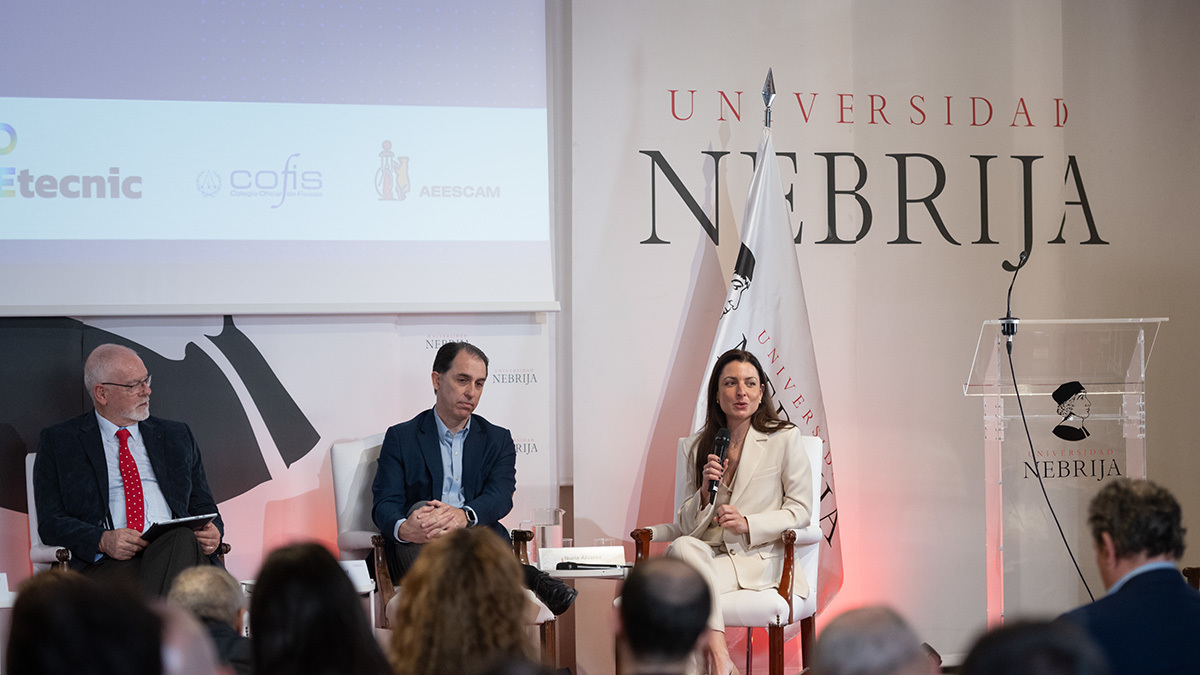
Fiscal neutrality
Regarding the problem posed by taxation, Víctor García Nebreda pointed out that the 20,000 million euros a year that the tax on hydrocarbons represents is equivalent to 7% of total taxes. This means that new energies should also be taxed. But at the moment, this tax only applies to fossil fuels and renewables. You cannot tax diesel and a renewable fuel that reduces emissions by 85% with the same tax. The result is that, right now, it is not profitable for citizens to fill up with renewable fuels.
Zoilo Ríos pointed out that "users do not want to make additional efforts, neither in terms of time nor money. If they have to go further and take longer to refuel, they are not going to do it".
Isabel Gorgoso, from Cepsa, agreed that "it is not logical that we are paying the current taxes for renewable fuels; we need fiscal neutrality and equal treatment for all energies. The rules of the game must be clear and stable over time".
The Secretary General of AEESCAM pointed out in this regard that "rather than subsidising, we need to be technologically neutral: all energies should play with the same cards. The problem is that we may be subsidising those who don't need it, and ignoring people who have a 15-year-old diesel car and can't afford to change it for a more efficient one. So subsidies yes, but let's not just go for a technology that has been given a red carpet".
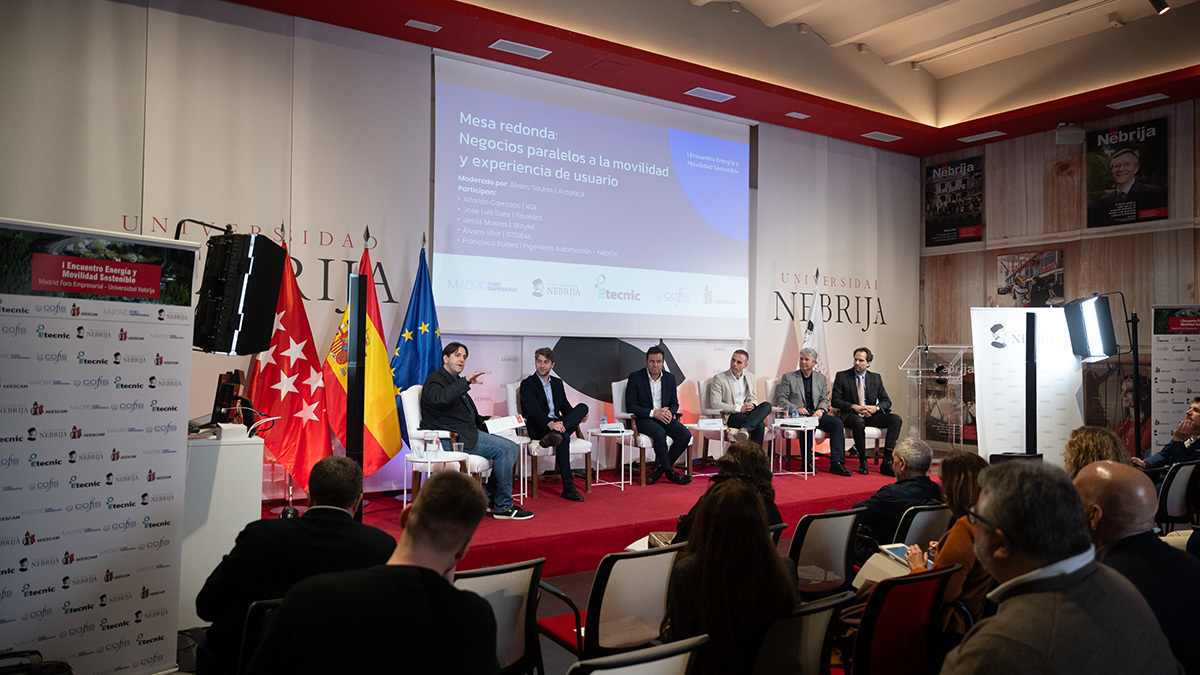
Transport, parallel businesses and storage
The day of Madrid Foro Empresarial and AEESCAM was completed with three other round tables.
In the one dedicated to "Energy for transport", moderated by Michael Arroyave, from Etecnic, participated Nuria Álvarez, from Volvo Trucks; Miguel Ángel Alonso, from ALSA; Julio Villaescusa, president of FENADISMER; and Jose Luis Vidal, from Redexis.
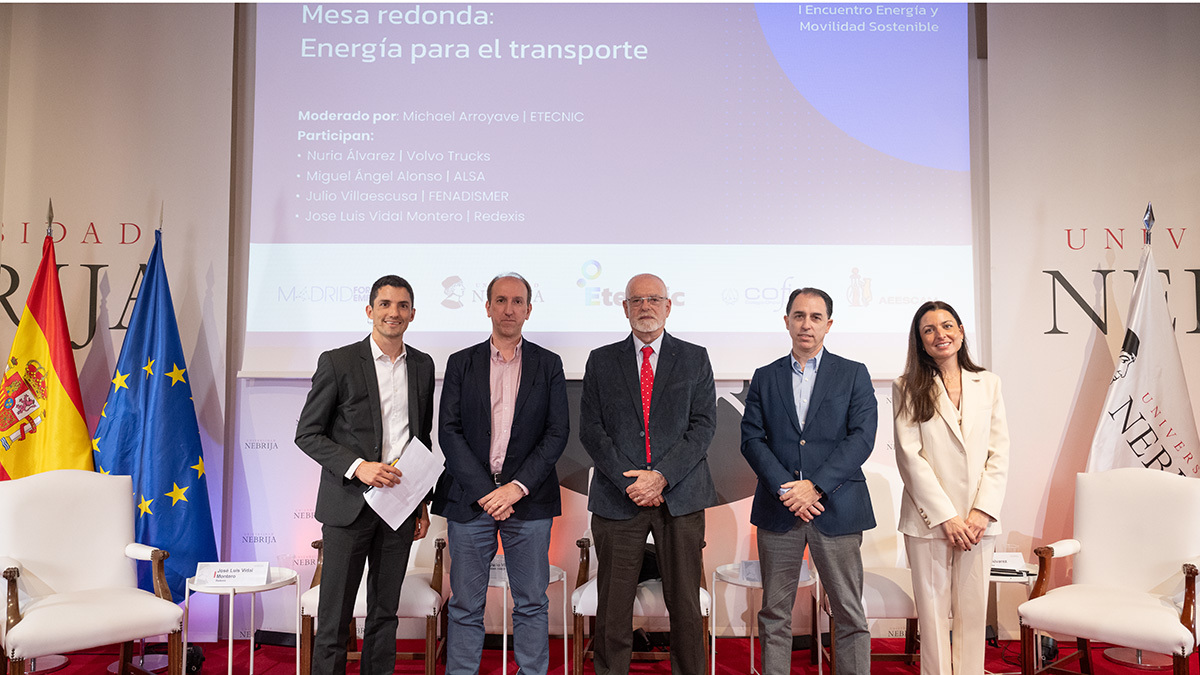
Applications and businesses parallel to service stations were the protagonists at the round table "Businesses parallel to mobility and user experience". Moderated by Álvaro Sauras, from Autofácil, it featured José Luis Sanz, from Flowbird; Alfonso Carrasco, from 4GL; Jesús Muelas, from Waylet; Álvaro Villar, from Istobal; and Francisco Badea, an automotive engineer from Nebrija University.
Finally, energy storage was the focus of the round table "Energy storage and distribution", moderated by Óscar Castillo, director of the Mechanical Engineering degree at Nebrija University. The participants were: Miguel Ángel Fernández, from the National Hydrogen Centre; Paolo d'Innocenti, from Barter Energy; Patricia Labra, from REE; and Francisco José Lucas, from Repsol.
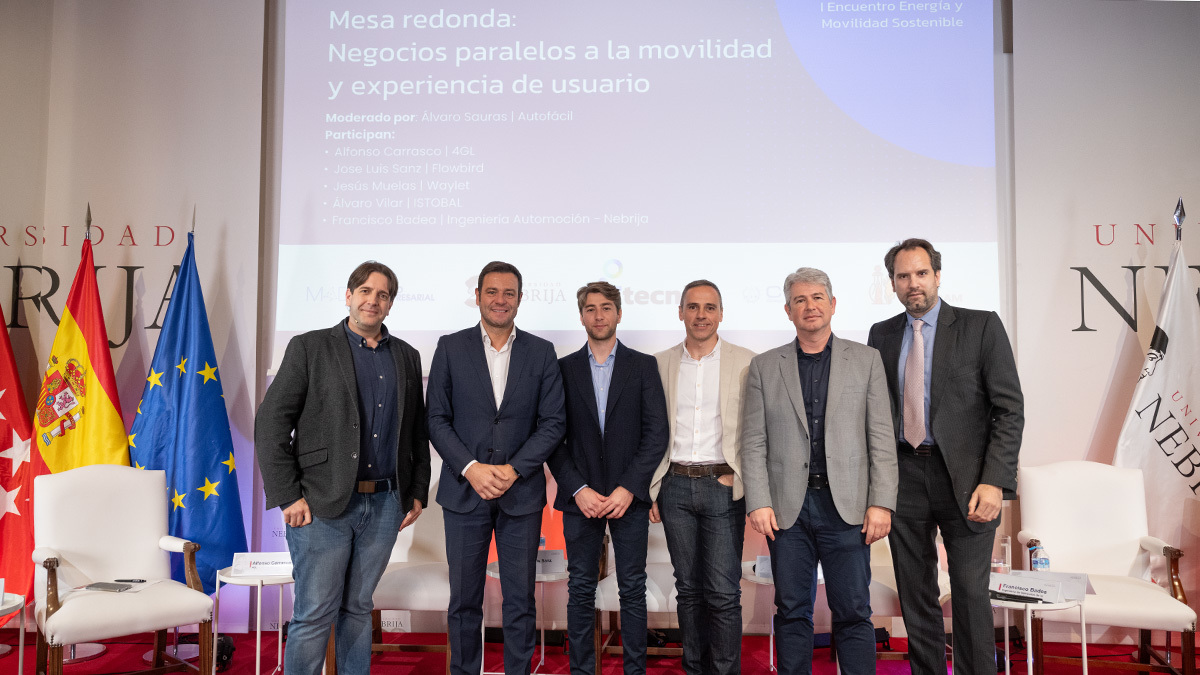
Energy, sustainability and physics
Juan Ignacio Álvarez, President of the Official College of Physicists, gave a talk in which he relativised climate change: "human beings are not always responsible for climate change, as natural glaciation can occur. However, what is certain is that we are in a period of warming. We must pollute less and minimise the consumption of natural resources.
Álvarez announced that the Spanish Association of Physicists is going to create an observatory for sustainable energy and mobility and climate change, with the aim of quantifying the evidence: "we are going to put a number on things", he said.

Closing ceremony
Jaime Martínez Muñoz, Director General for Economic Promotion and Industry of the Regional Ministry of Economy and Finance of the Community of Madrid, was in charge of the closing ceremony of the 1st Energy and Sustainable Mobility Conference.
In his closing speech, the director general pointed out that "new forms of sustainable transport not only revolutionise the business fabric, but also influence urban mobility plans".
Martínez Muñoz acknowledged that "companies anticipate the market and regulation always arrives later. It is the companies that are the protagonists of change, and public administrations have to go alongside them and not ahead of them, putting stones in their way"


